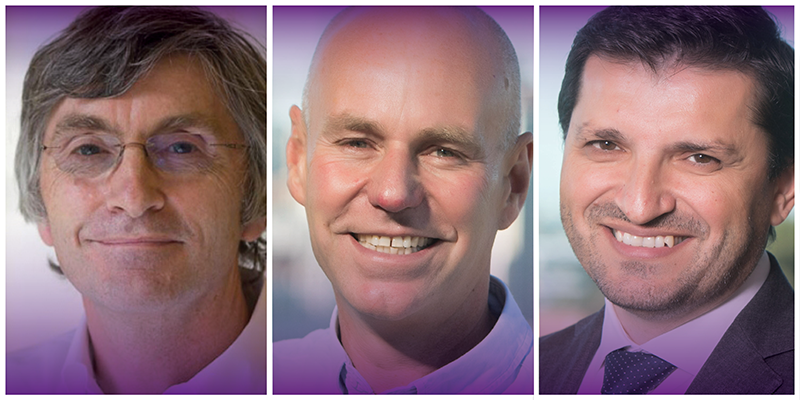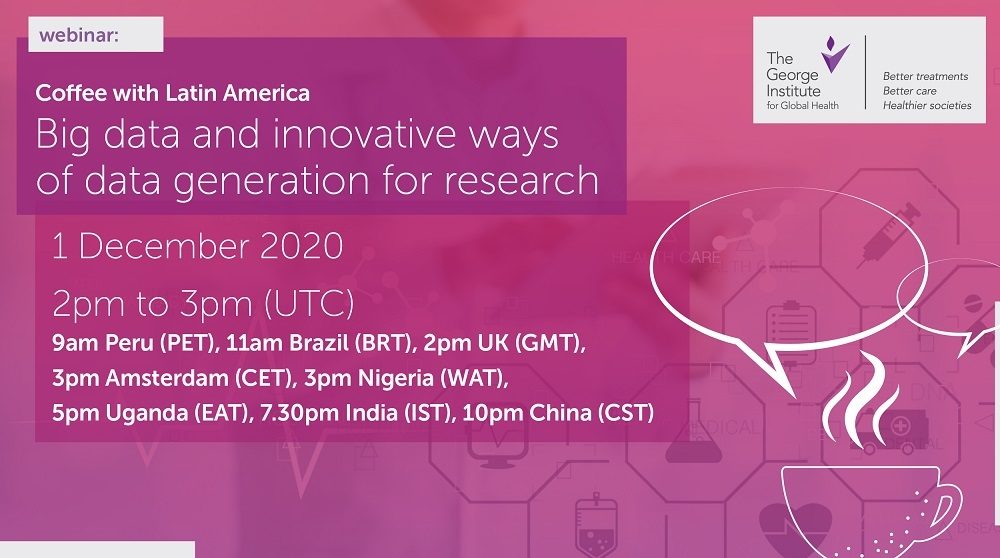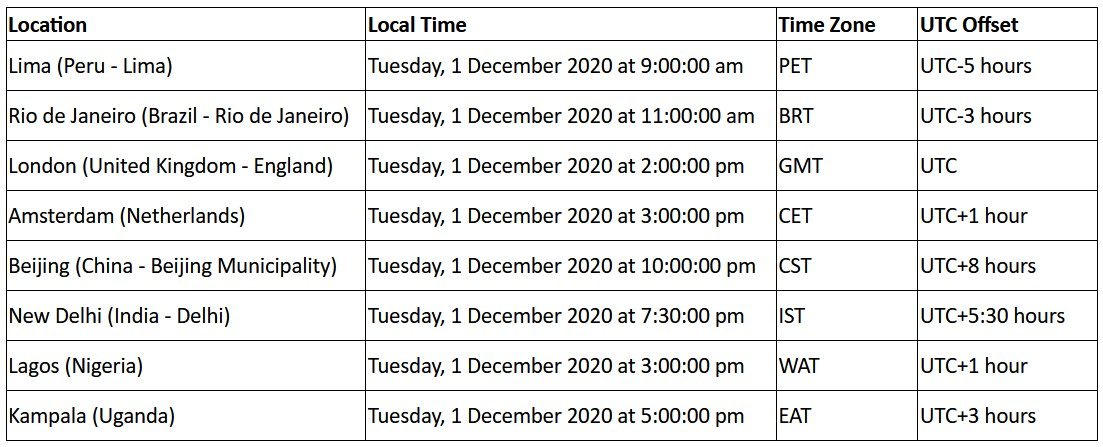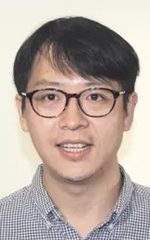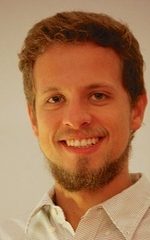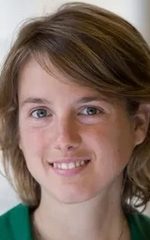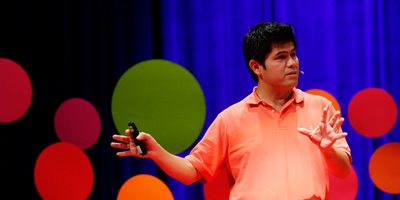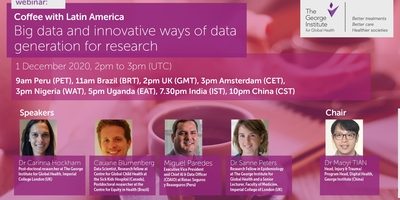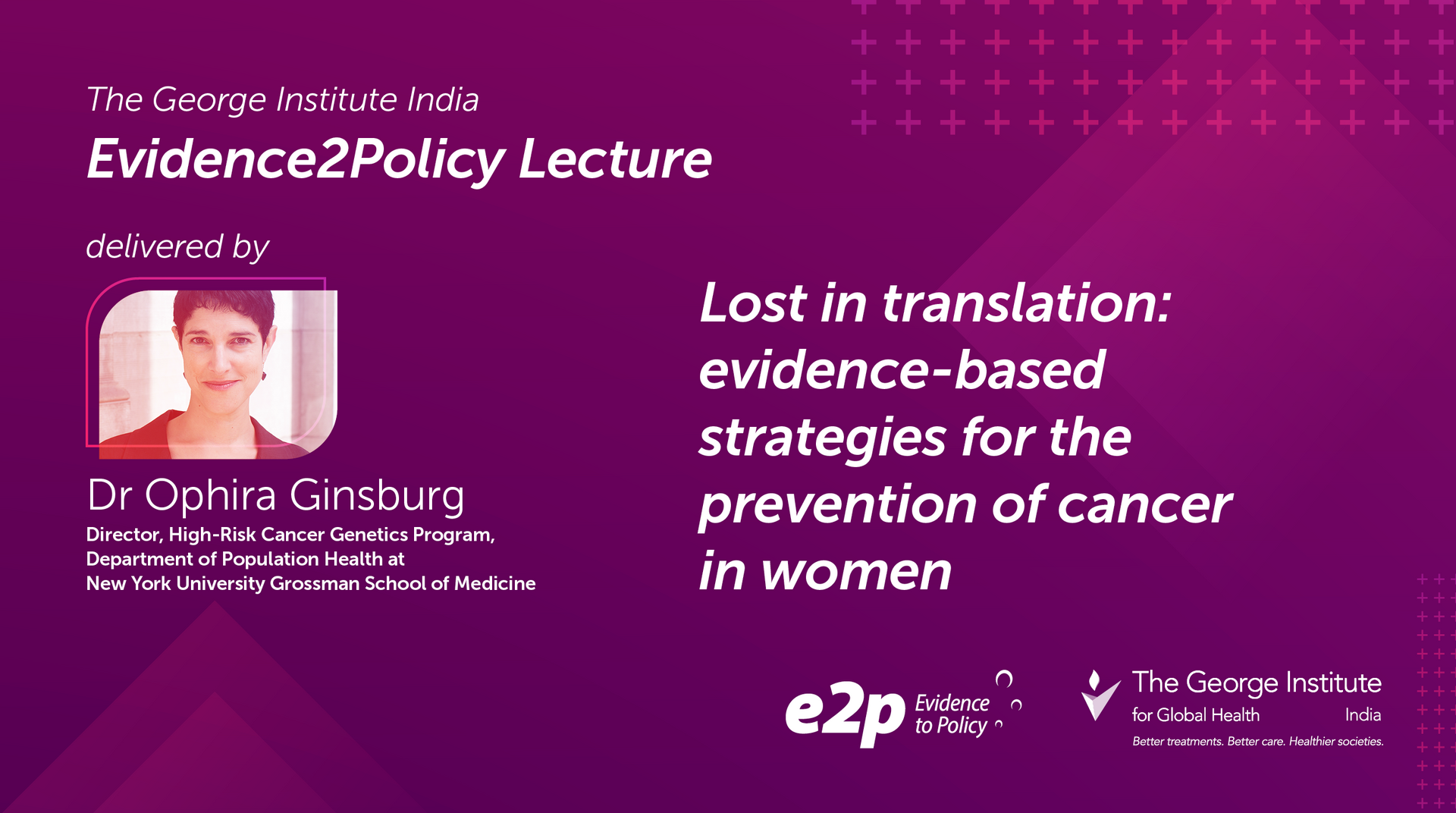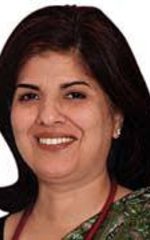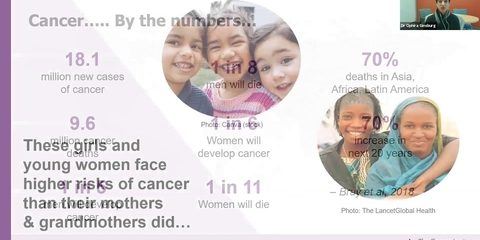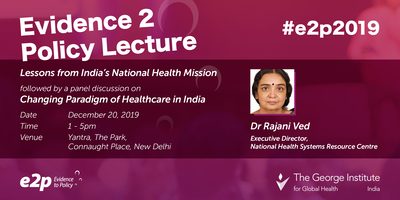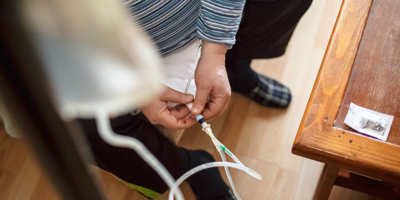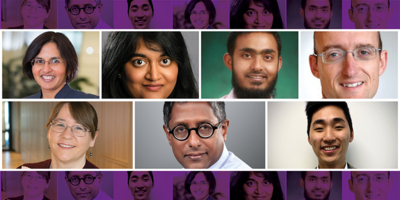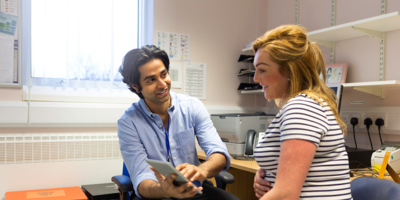A project partnership between The George Institute and UNSW has been awarded just over $536,000 to find new ways of helping parents ensure the safety of children in cars.
Incorrect use of child restraints and inappropriate use of adult seat belts are widespread and have caused longstanding problems around the world, with road traffic injury being the fifth leading cause of childhood death worldwide. In Australia more than two million children are at increased risk of injury due to a lack of understanding about how to solve these problems.
Associate Professor Julie Brown says the Australian Research Council funding will allow the team to solve problems necessary to further reduce rates of injury, ultimately leading to reduced burden on families and societal cost savings.
“By law every Australian child must use a restraint when travelling in a car and more than 90 percent of children under 12 years old use restraints but more than 50 percent continue to use them incorrectly putting them at three times the risk of injury in a crash,” she said.
“Children under seven use dedicated child restraints but for those aged seven and older, parents must decide if their child needs a booster seat or can use an adult seat belt – this is where there can be some confusion.”
“There is an urgent need to find tangible solutions to the incorrect use of child or adult restraints to reduce the unacceptably high number of Australian children at increased risk of road traffic injury,” she added.
The project, conducted in collaboration with Prof Lynne Bilston from NeuRA, aims to deliver new understanding about:
(i) how to communicate with parents to ensure behaviours and decisions about restraint optimise safety, and
(ii) how user-driven design can solve problems inhibiting optimal protection of children in cars.
Importantly this work will also deliver real solutions to some of the world’s longest standing child passenger safety problems.
The Australian Research Council funding is part of Discovery Projects scheme.


